10 More Books That Made Me Think Differently
The wisdom you need to transform your mindset and elevate your life in 2025.
When I shared my first list of transformative books 3 months ago, the response was overwhelming. So many of you reached out to share how these recommendations resonated with you or changed your perspective. Today, I'm sharing ten more books that have profoundly shaped my thinking and might just change yours too.
These aren't just books I've read – they're books I've lived with. I've underlined their insights, applied their principles, and returned to them in moments of doubt and confusion. Each one has given me tools to take on life's challenges with more wisdom, courage, and serenity.
As we move deeper into 2025, consider this: the quality of your life is directly connected to the quality of your thinking. These books offer fresh mental models that can help you see old problems in new ways.
You can click either the book images or the text links to check out each book!
Some links below are affiliate links, which means I earn a small commission if you purchase through them, at no extra cost to you – your support keeps Stoic Wisdoms going!
1. Courage Is Calling - by Ryan Holiday
This first book in Holiday's virtue series explores courage through Stoic principles and historical examples. What makes this book stand out is how it breaks down courage into practical elements that anyone can develop, showing how this virtue becomes a foundation for all others.
Holiday reminds us that courage isn't the absence of fear – it's acting despite it. He explores those moments when we're faced with a choice between comfort and growth, which he calls "the call," and provides a framework for understanding our fears without being controlled by them.
The Most Powerful Insights:
Why discomfort is the price of admission for a meaningful life
How to distinguish between recklessness and true courage
The unexpected connection between courage and inner peace
Practical ways to build your "courage muscle" through small daily acts
2. The Untethered Soul - by Michael A. Singer
Singer's approach to consciousness and inner freedom offers a profound shift in how we relate to our mental chatter. The book's central insight – that we are not our thoughts but the awareness watching them – creates a completely new relationship with our inner world.
One of the most practical elements is learning to witness thoughts without identifying with them. When difficult emotions arise, we can observe them with curiosity rather than becoming them. This simple shift creates space for clarity and calm even in challenging situations.
Transformative Lessons:
How to stop being controlled by the voice in your head
The surprising freedom that comes from embracing difficult emotions
Why letting go is a practice, not just a concept
How to live from your center rather than your edges
3. Digital Minimalism - by Cal Newport
Newport offers more than just another book about reducing screen time. Instead, he provides a philosophy for technology use based on your deepest values. What makes this approach powerful is his argument that convenience isn't enough to justify technology's place in our lives – it should actively support what matters most to us.
The book outlines a complete 30-day digital declutter process that can reset your relationship with devices and help you discover what Newport calls "high-quality leisure" – activities that provide deeper satisfaction than the quick dopamine hits of social media.
Game-Changing Insights:
Why "taking breaks" from technology isn't enough
How to create a technology rules system based on your core values
The overlooked benefits of boredom and solitude
Practical alternatives to digital distraction that create genuine satisfaction
4. Mindset - by Carol S. Dweck
Dweck's research on fixed versus growth mindsets offers a revolutionary perspective on learning and personal development. The simple idea that our abilities aren't set in stone but can be developed through dedication and hard work is surprisingly liberating for many people stuck in limiting beliefs about themselves.
This book helps identify the subtle ways a fixed mindset shows up in different areas of life, from career and relationships to parenting and personal growth. The practical strategies for developing a growth mindset are applicable to virtually any challenge you might face.
Life-Changing Concepts:
How our beliefs about intelligence and talent shape our behavior
Why praising effort rather than intelligence builds resilience
The connection between mindset and meaningful success
Practical ways to develop a growth mindset in different areas of life
The most valuable takeaway is learning to ask "How can I improve?" instead of "Am I good at this?" This simple shift transforms challenges from threats to our self-image into opportunities for growth.
5. Man's Search for Meaning - by Viktor E. Frankl
Frankl's account of finding meaning even in the horrific conditions of Nazi concentration camps offers perspective that few other books can match. His central insight – that we cannot avoid suffering but we can choose how to respond to it – fundamentally changes how we can view life's difficulties.
The book's most profound impact comes from Frankl's explanation that meaning comes not from pursuing happiness directly, but from dedicating ourselves to a purpose beyond ourselves. This principle helps realign daily actions with deeper values and find fulfillment even in challenging circumstances.
Profound Insights:
Why the pursuit of happiness often leads to unhappiness
How finding meaning transforms our ability to endure suffering
The three primary sources of meaning in life
Practical ways to discover your own unique purpose
6. Breath - by James Nestor
Nestor's exploration of how breathing affects virtually every system in our body transforms something we take for granted into a powerful tool for health and wellbeing. Learning that something as simple as how we breathe can impact everything from stress levels to immune function provides practical knowledge that can be applied immediately.
The research on nasal breathing versus mouth breathing is particularly eye-opening, as are the simple breathing techniques that can trigger specific responses in the nervous system – from activating focus and energy to inducing calm and relaxation.
Fascinating Discoveries:
Why how you breathe matters more than you think
The surprising connection between breath and anxiety
Simple techniques that can lower blood pressure and improve focus
How breathing practices from ancient traditions align with modern science
7. Daring Greatly - by Brené Brown
Brown's research on vulnerability, shame, and courage reframes our understanding of strength. Her central argument – that vulnerability is our most accurate measure of courage – challenges conventional wisdom about what it means to be "strong."
The section on the "vulnerability armory" helps identify how perfectionism, cynicism, and need for control actually serve as shields against the discomfort of being seen for who we truly are. Brown offers practical strategies for developing "shame resilience" and living with greater authenticity.
Life-Altering Concepts:
Why vulnerability is the birthplace of innovation, creativity, and change
How shame differs from guilt and how to develop shame resilience
The courage to be imperfect and set boundaries
Practical steps for living wholeheartedly
8. Designing Your Life - by Bill Burnett and Dave Evans
Rather than following the traditional advice to "find your passion," Stanford professors Burnett and Evans apply design thinking principles to career and life planning. This refreshing approach relies on curiosity, prototyping, and iteration rather than trying to think your way to the perfect answer.
The concept of "odyssey plans" – creating multiple versions of your next five years – is particularly liberating. This framework removes the pressure to find the one "right" path and turns life planning into an active, creative process.
Practical Wisdom:
Why having a well-designed life is more important than having a perfect plan
How to use design thinking to address "wicked problems" like career change
The importance of prototyping experiences before making big commitments
Practical tools for getting unstuck and moving forward
9. Stumbling on Happiness - by Daniel Gilbert
Harvard psychologist Gilbert's research on "affective forecasting" – our ability to predict our future emotional states – reveals a surprising truth: we're remarkably bad at predicting what will actually make us happy.
Understanding the cognitive biases that distort our vision of the future helps us hold plans more lightly and stay open to unexpected opportunities. Rather than rigidly pursuing goals set years ago, we can learn to continually reassess whether they still align with who we're becoming.
Mind-Expanding Insights:
Why we're surprisingly poor at predicting our future emotions
How our brains fill in gaps and create illusions about potential futures
The science behind why we adapt to both positive and negative circumstances
Practical ways to make better decisions about your future happiness
One valuable lesson is learning to rely more on other people's lived experiences than on imagination when making decisions. Talking to people who have actually taken the paths we're considering provides much more accurate information than our own predictions ever could.
10. The Power of Moments - by Chip and Dan Heath
The Heath brothers break down what makes certain experiences memorable and meaningful, then offer practical ways to create more of these powerful moments for ourselves and others. This changes how we think about designing days, events, and experiences.
Rather than focusing on averages or trying to eliminate problems, the book shows how to create "peak moments" that stand out in memory and create lasting impact. These principles can be applied to everything from family celebrations to customer experiences and workplace culture.
Practical Insights:
The four elements that create defining moments
How to break the script of ordinary experiences
Why moments of elevation, insight, pride, and connection matter more than we realize
Simple ways to create meaningful memories in everyday life
The concept of "breaking the script" is particularly valuable for creating memorable experiences that strengthen connections and build lasting impressions.
Information alone doesn't change your life – transformation happens when you apply what you learn. These ten books offer different pathways to growth, but they share a common thread – each one provides both insight and practical tools for living differently. The real work begins when you close the book and start experimenting with new ways of thinking and being.
As you consider which of these books might serve you best right now, ask yourself: What area of my life feels stuck or in need of a fresh perspective? Start there. One book, deeply engaged with and applied, can do more for your growth than dozens skimmed and forgotten.
Remember that reading is not a passive activity but an invitation to conversation with some of the best minds across time and space. Highlight passages that resonate. Write in the margins. Argue with the authors. Let these books become companions on your journey rather than just items to check off a list.
Which of these books speaks most directly to your current challenges or aspirations? Start there, and see where the journey takes you.
Stay stoic,
StoicWisdoms
Related posts:
8 Must-Read Books on Stoicism for Personal Growth
10 Books That Made Me Think Differently
How to Take Action When You Don't Feel Like It
Epictetus's Secrets to a Peaceful Mind
How Marcus Aurelius Mastered Resilience — And How You Can Too





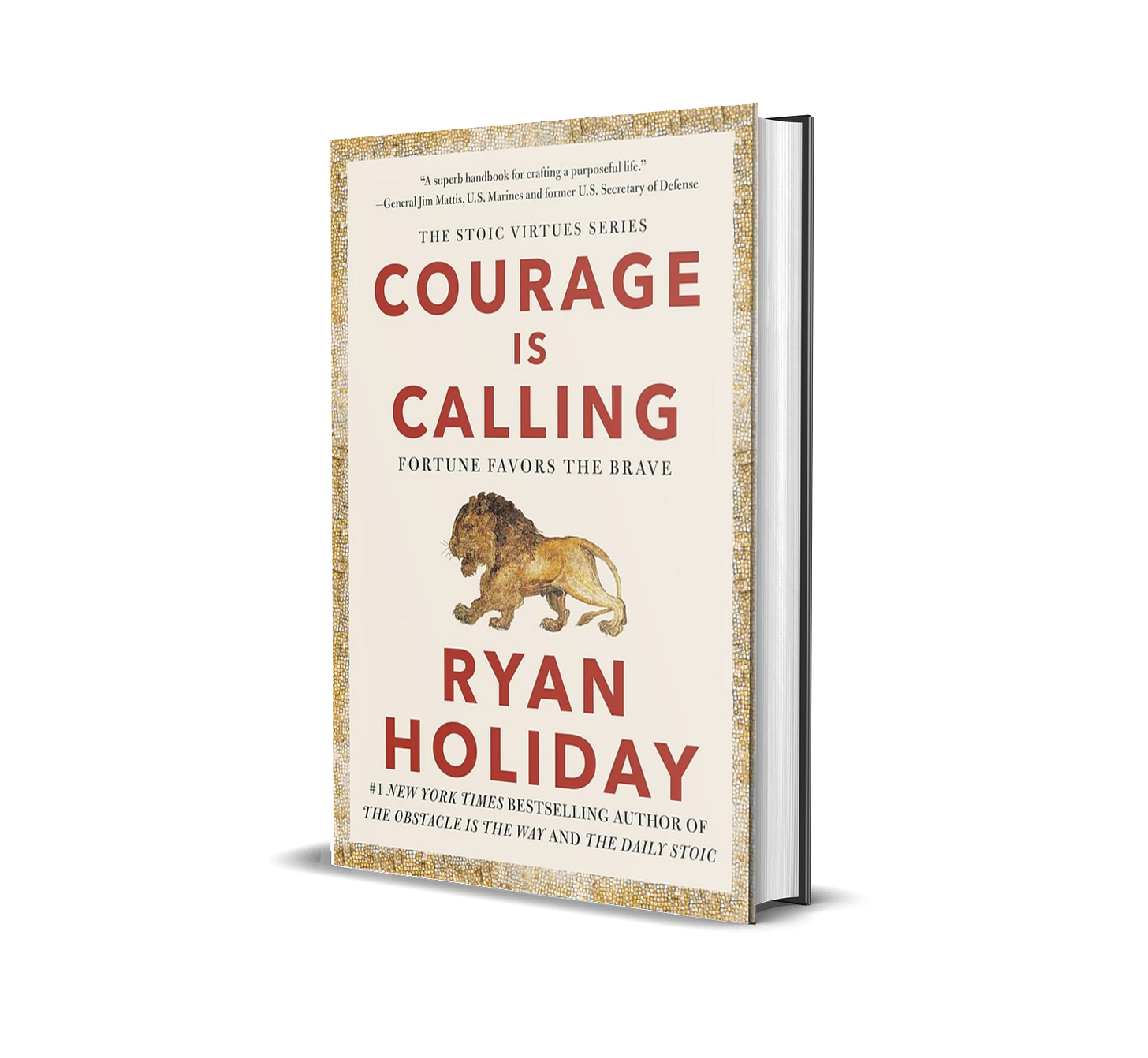
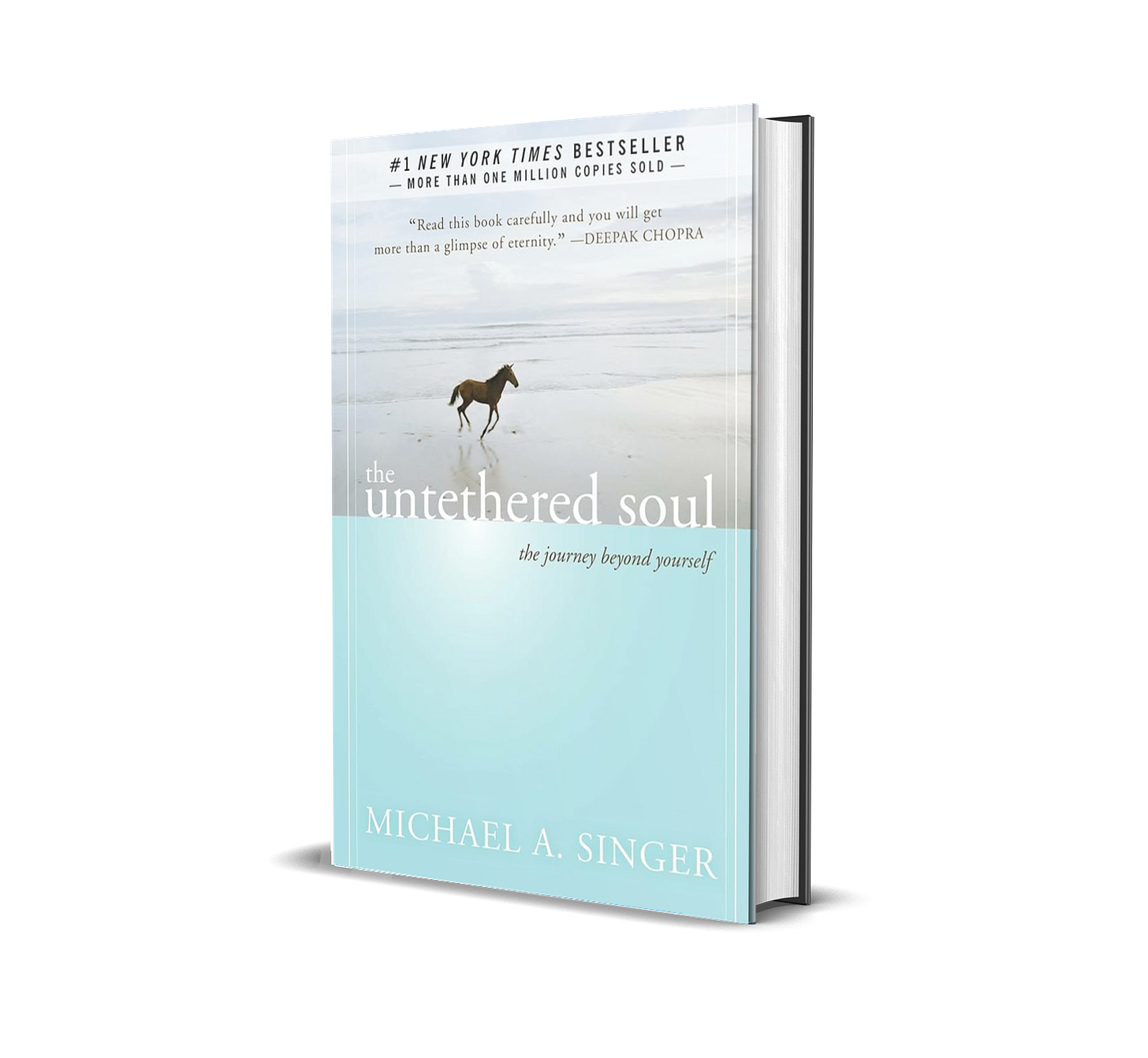
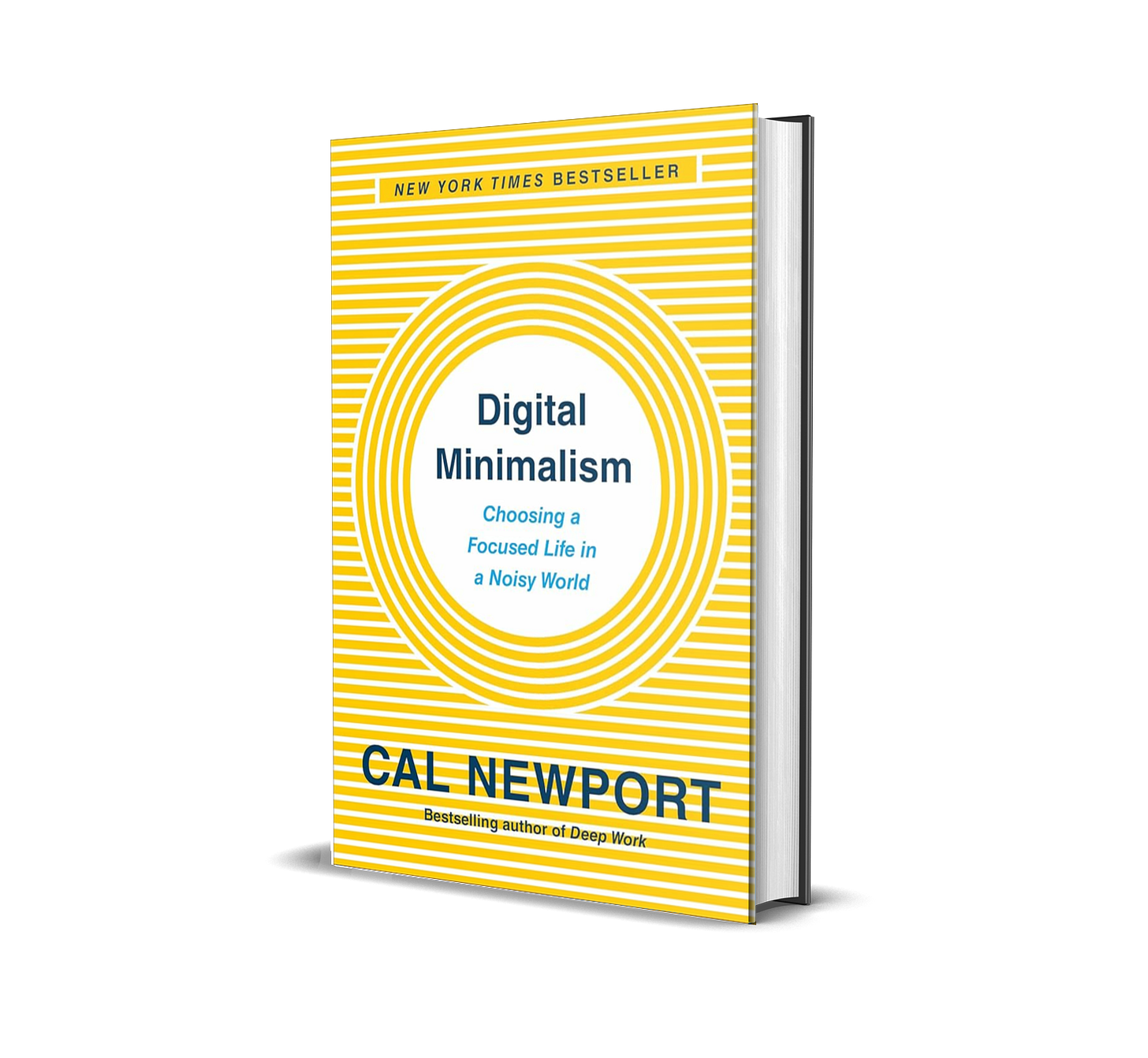
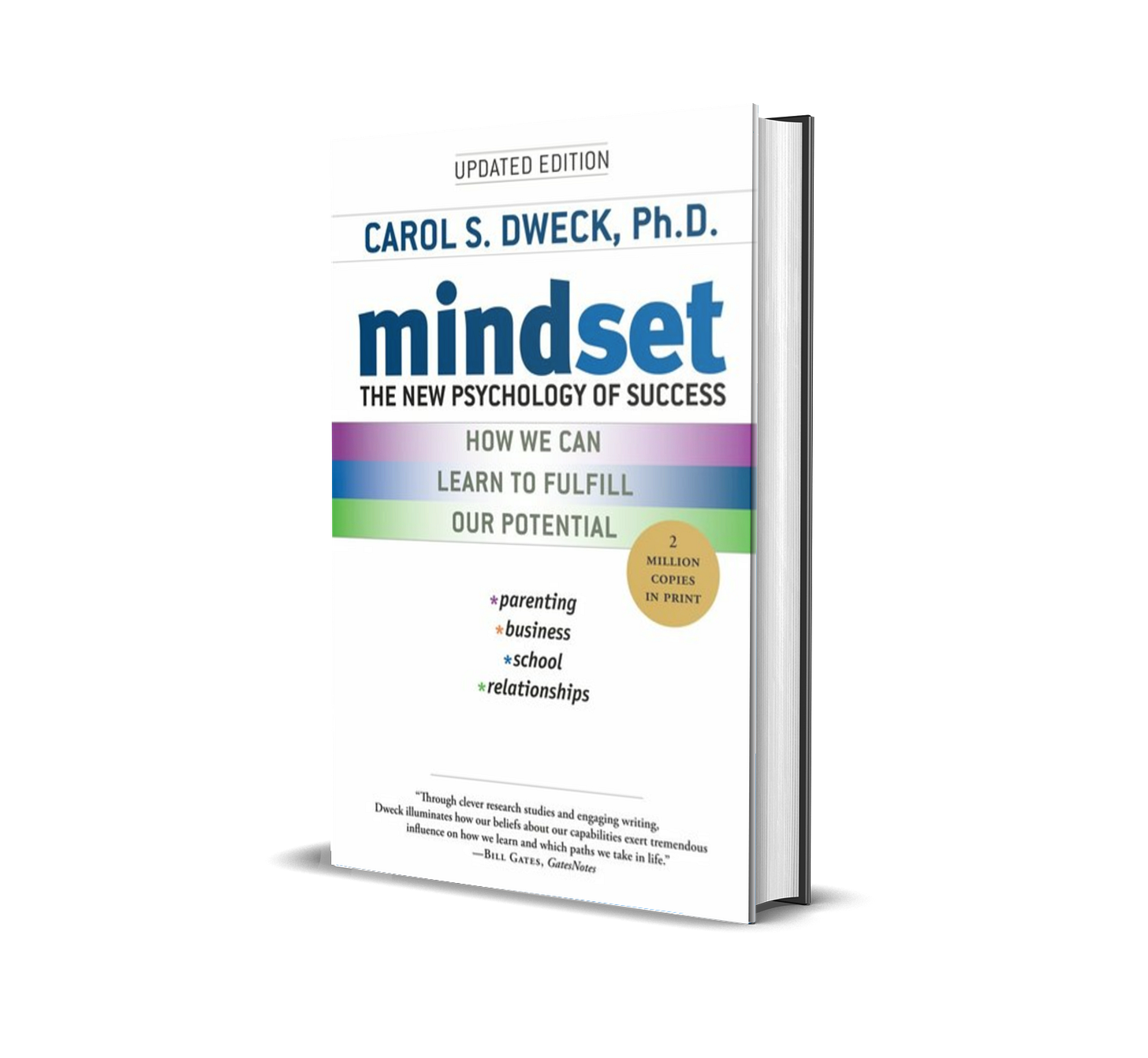
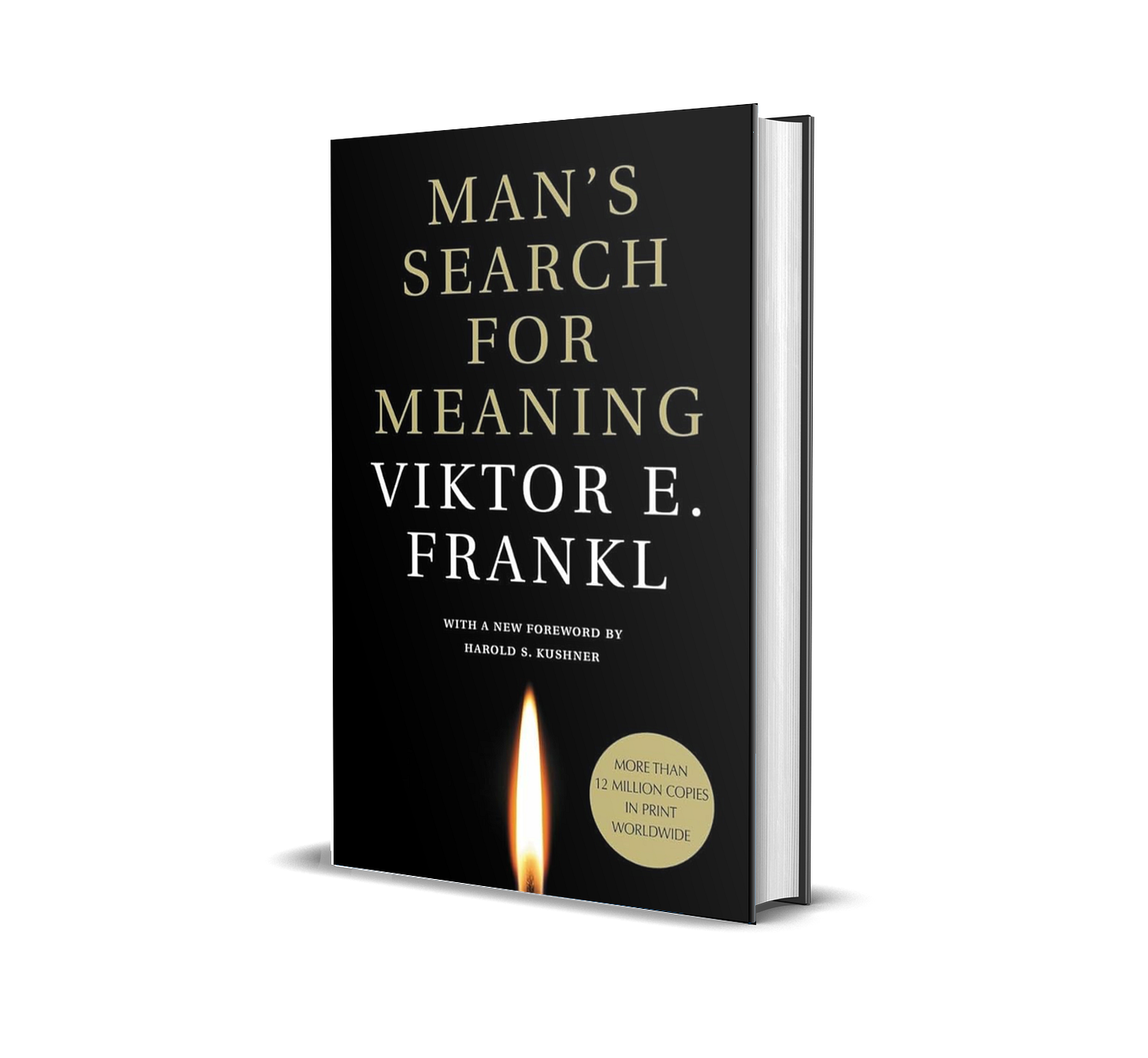
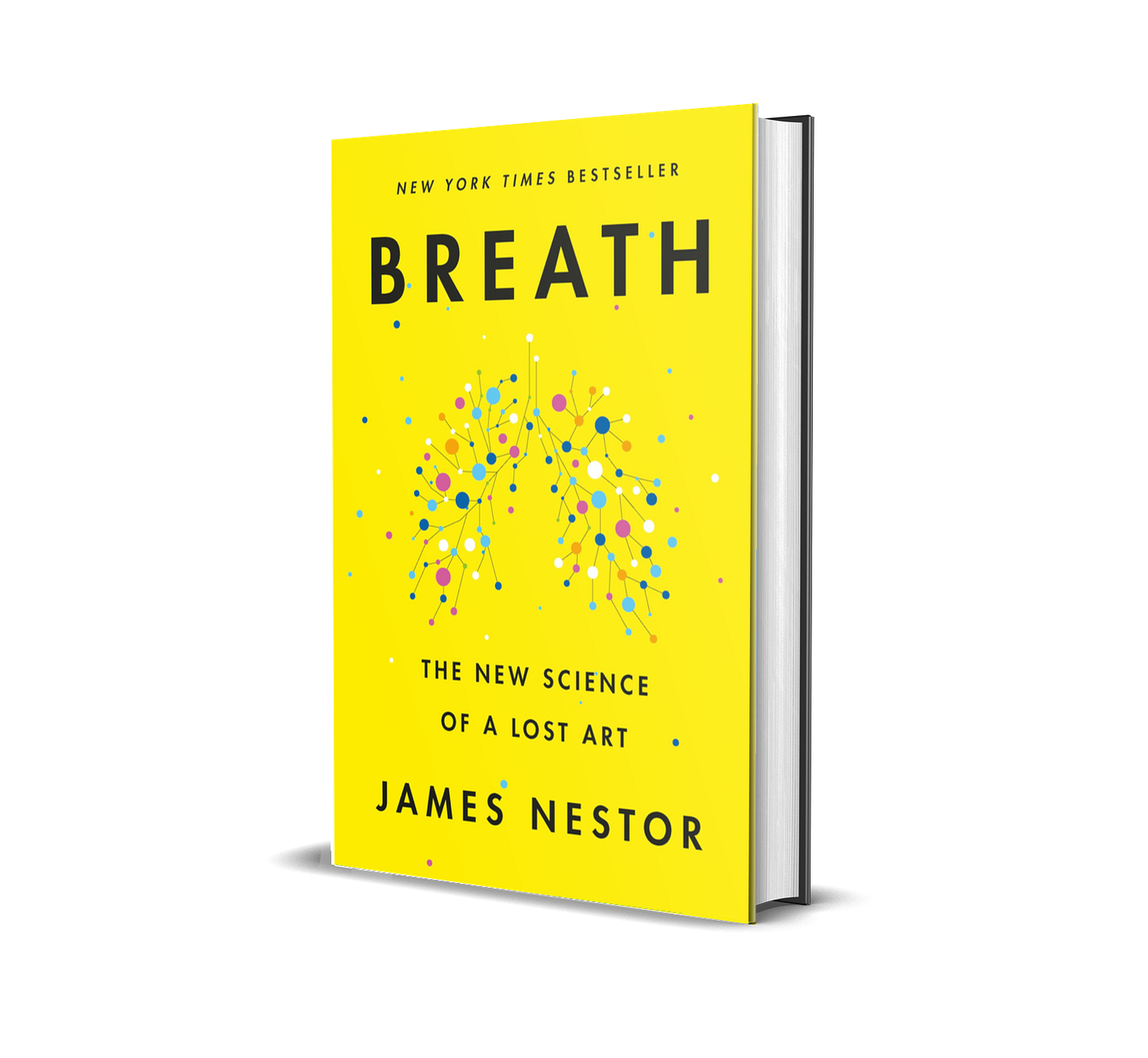
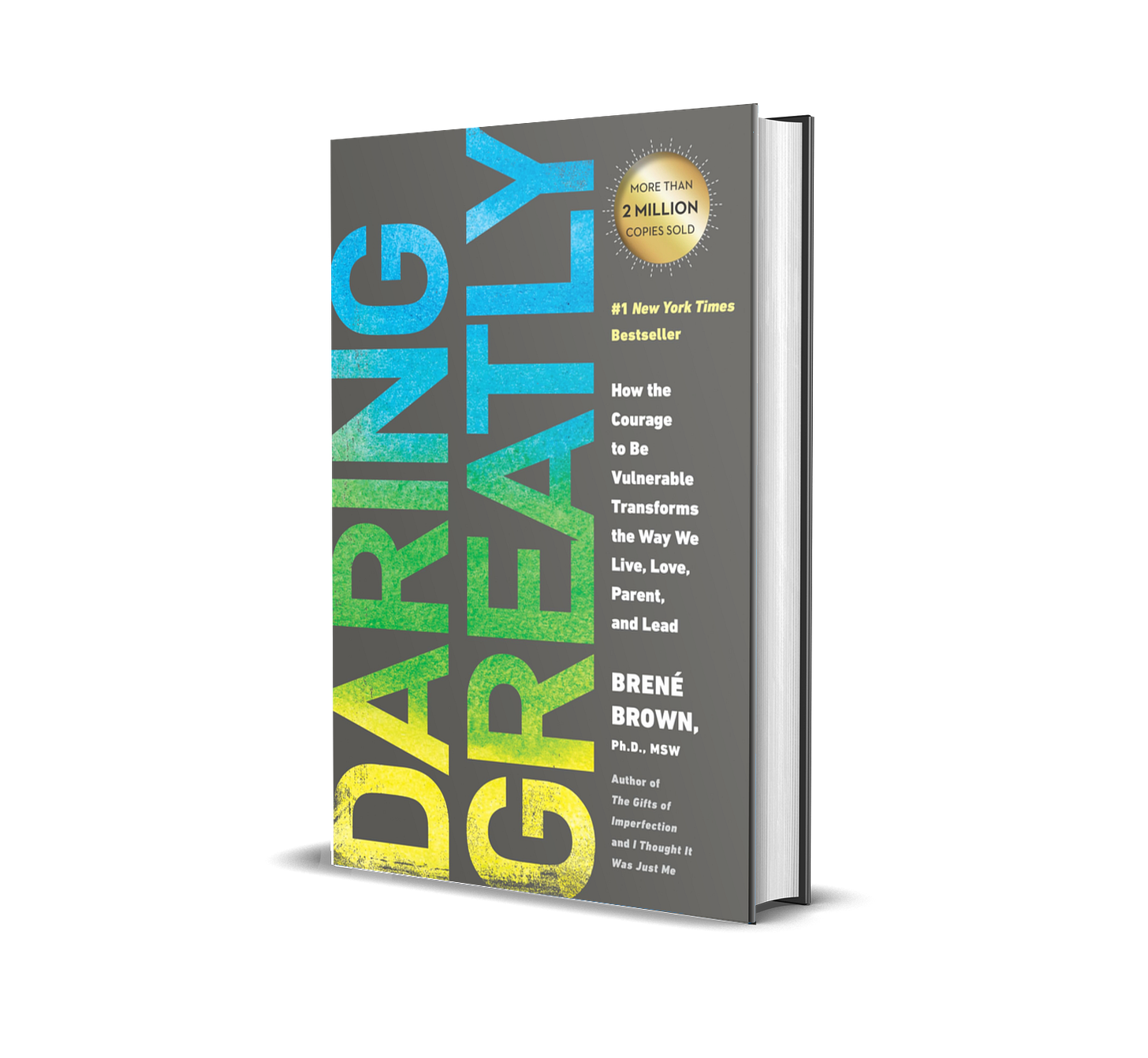
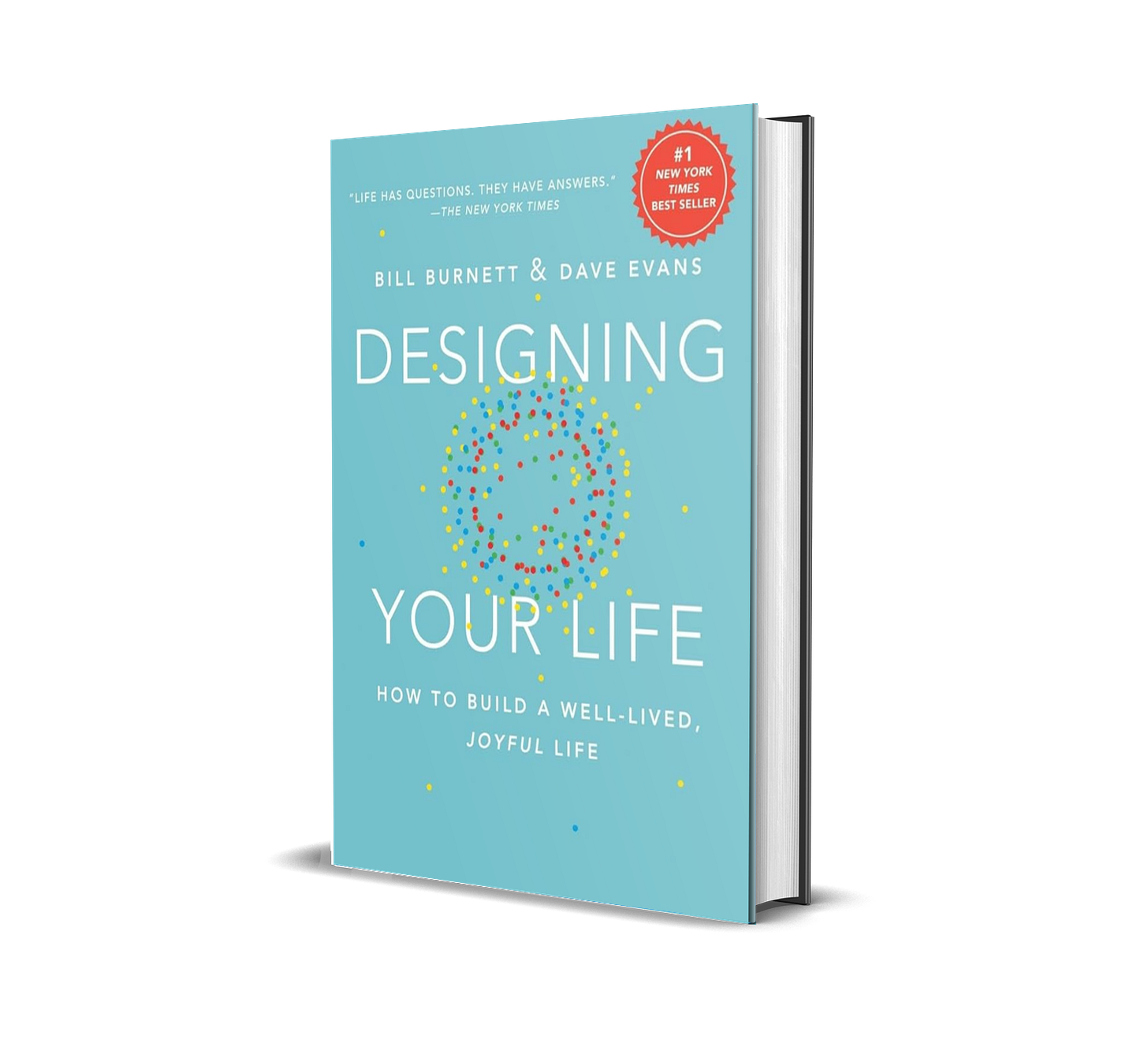
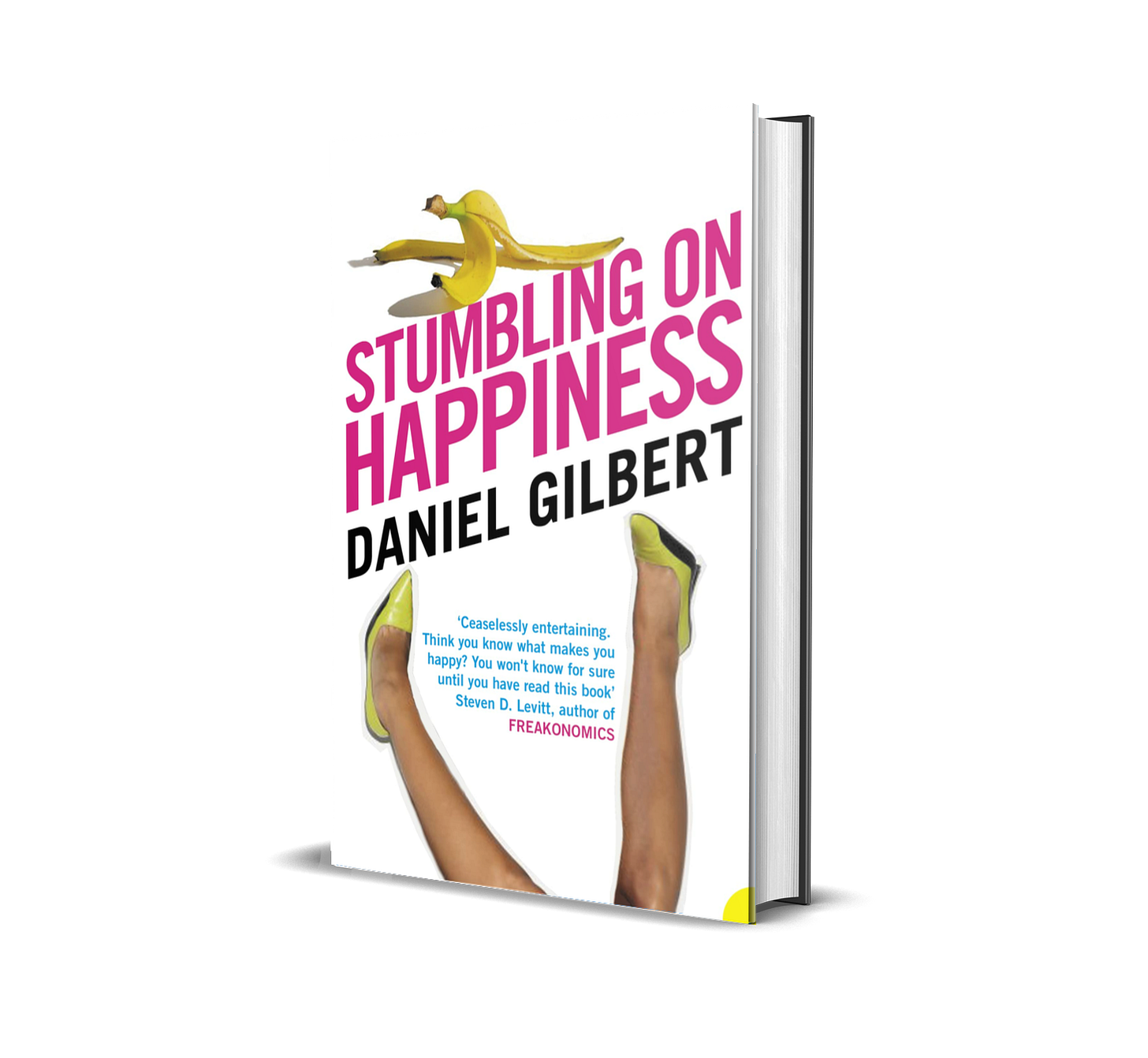
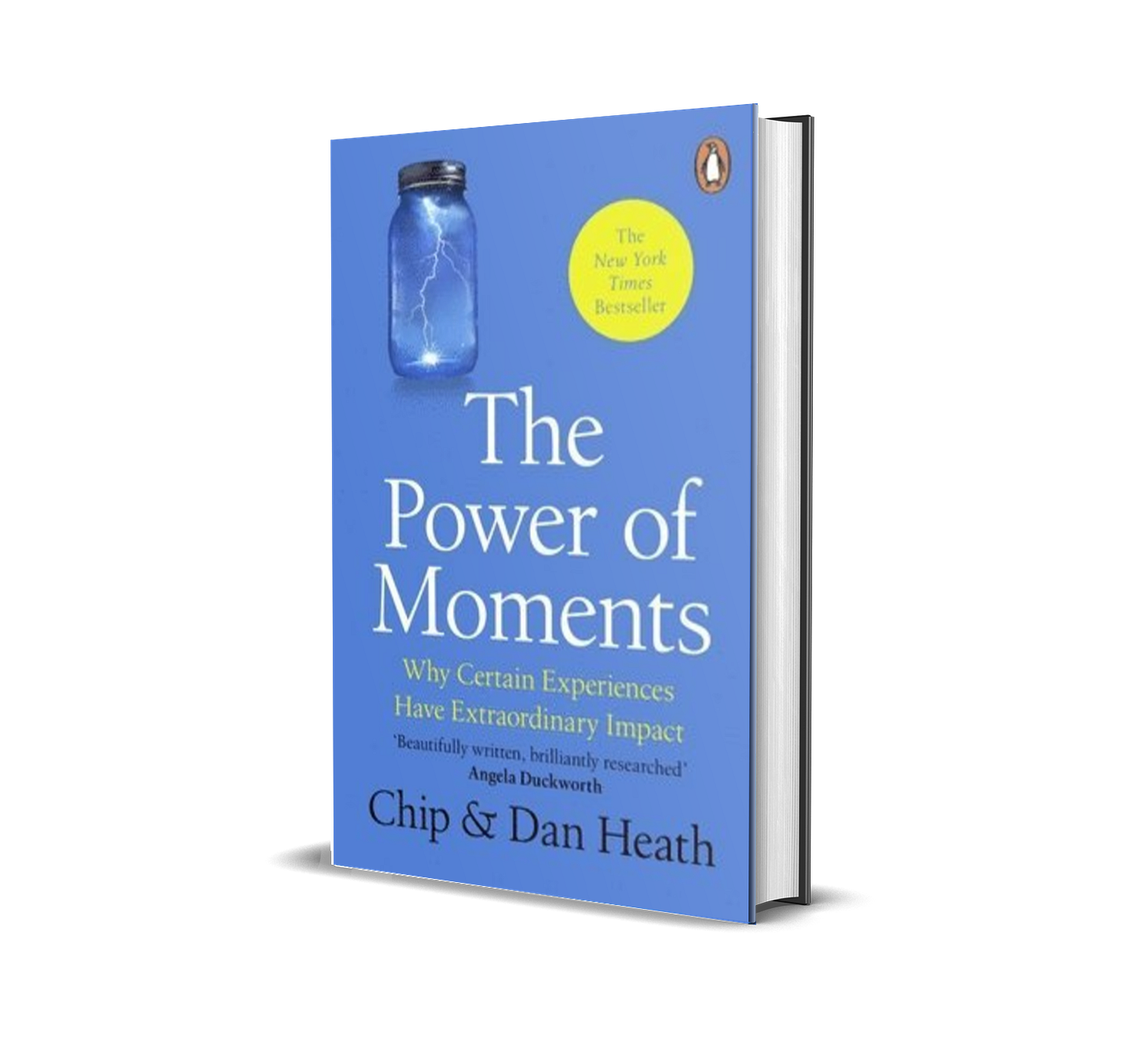
Definitely bookmarking this.
Thank you very much. They look like great readings 👌🏻